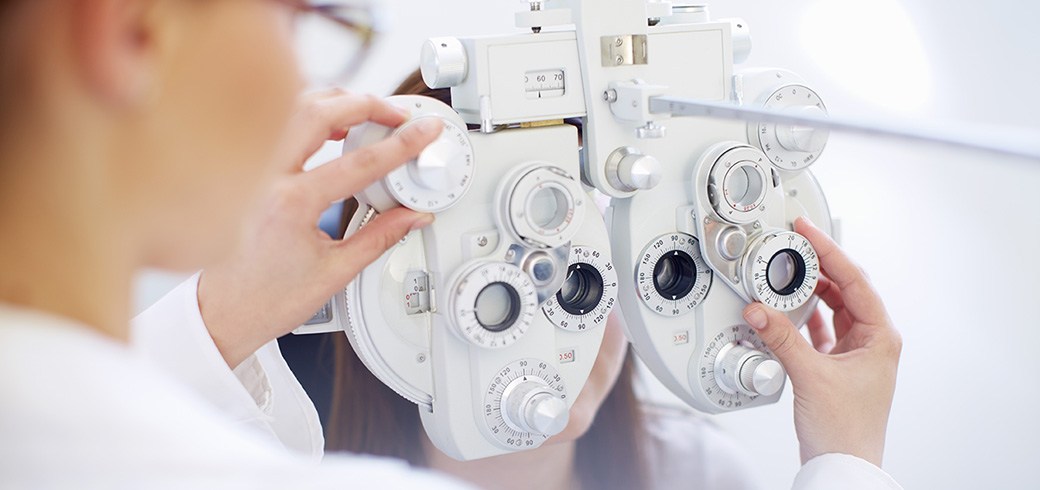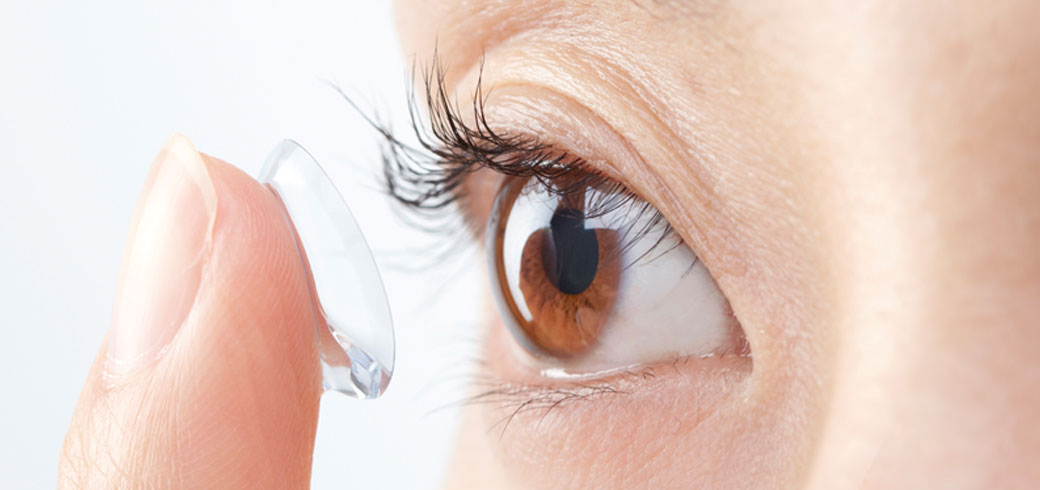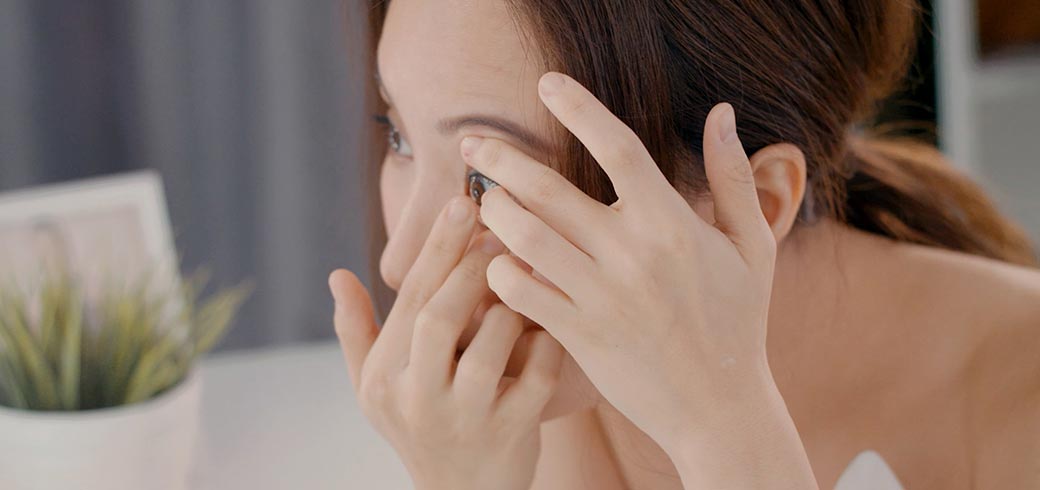
Parent and Student Eye Health Toolkit
Today we’re all spending more time on our devices, including our kids—from checking in with friends and family via video call, to streaming movies and TV shows (on multiple screens!), attending classes online, gaming, or all of the above. And with all that screen time, it’s even more important to prioritize your children’s eye health.
Do you know what can impact their eye health right now?
• Too much time in front of a computer, tablet, and/or phone
• Studying in poor light conditions
• Lack of blinking
• Poor diet
• Poor seating posture (we’re looking at you, couch surfers!)
• Glare on a computer screen
• Not enough sleep
• Uncorrected vision problems
Although many eye-related symptoms are temporary and can ease after looking away from digital devices and screens, some can be related to reduced vision and need to be treated properly and addressed with a comprehensive eye exam. If you checked one or all of the above—for you or your kids—here are a few tips to get you back on track for good eye health.
Talking to your kids about eye health can be a challenge, but we’re here to help. Depending on their ages, some of these tips can be great “games” or “challenges” for them to try. In some cases, you may need to makeadjustments for them, like changing lighting or limiting screen time. At the end of the day, just remind them (as always) that your goal is to help.
EYE HEALTH TIPS
1. Blinking
Blink frequently. Whether studying via textbook or computer it’s important to keep blinking. In general, a person’s blink rate decreases when their attention is heavily required to perform a task. And even more so when that task is via a digital device. When we blink less, our eyes can become dry and maybe even itchy. Make sure they keep their eyes lubricated throughout the day by remembering to blink.
Source: pupilbox.com/blogs/blog/why-does-blink-rate-slow-computer-use
2. Lighting
Be aware of room lighting. Overhead lighting in classrooms or at home may be too harsh and too bright. But, low-light rooms can also cause eye strain. While studying via textbook or computer, prioritize finding optimum lighting for your kids’ eye comfort.
Source: affordablecollegesonline.org/college-resource-center/college-vision-problems
3. Food and Exercise
Eat right and exercise. Keep attention and energy high by fueling up with the right foods for lunch. It’s important to have a balanced meal (AKA a mix of food groups: some grains, fruits, vegetables, protein and dairy). And while they enjoy lunch, remember it’s also a great time for them to exercise their eyes. The 20-20-20-20 rule is a great place to start. Every 20 minutes look at an object 20 feet away for at least 20 seconds and blink 20 times.
4. Off-Screen Time
Encourage no screen activity breaks. You and your children can benefit from this one. Allocate some time throughout the day to put the screens in the rearview to focus attention-off digital devices.
• Do a craft.
• Do some coloring - or an activity book.
• Go to the park.
• Play a board game.
• Go on a scavenger hunt.
5. Sleep Habits
Get a good night’s sleep. A healthy sleep schedule is so important for your child’seyes and mind. About 1-2 hours before they head to bed, begin to limit their screen time. The backlight from devices has been shown to interfere with a body’s production of melatonin, which regulates the sleep-wake cycle. If a late-night study cram is required, make sure the blue light filter is on.
Source: wcuquad.com/6016639/features/practice-good-eye-care-during-remote-learning/
Remember, eye health can be a window to overall health. One of the most important things you can do for your child’s eye health is to bring them for an annual eye exam and to communicate any concerns you may have with their vision. With more dependency on digital devices and screens, you may notice changes to their vision—like squinting, straining, or headaches—their doctor can help. And in between, there’s lots they can do at home to prioritize their eye health.
Johnson & Johnson Vision is also here to help, with tips, products, and services to ensure that your eyes are well taken care of.
© Johnson & Johnson Vision Care, Inc. 2020
Get Started with Contacts
PP2020OTH11781
















